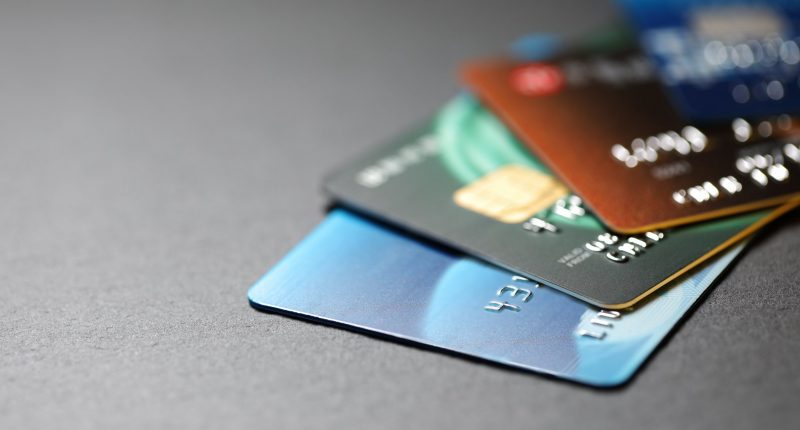The unsecured personal loans have highlighted a rise of 23% on year, while outstanding amounts on credit cards surged to 28%, as per the Reserve Bank of India (RBI) data. As of October 20, 2023, credit card outstanding touched Rs 2.4 lakh crore, up from Rs 1.8 lakh crore in the same period in 2022.
The RBI data highlights that credit card spending at shops and on e-commerce platforms for this October rose by about 17% as compared to October 2022. Consumer electronic and white goods such as mobile phones, televisions, fridges and washing machines witnessed a rise in demand during the festive season.
Importantly, most no-cost Equated Monthly Installment (EMI) options available online are offered with credit cards from leading banks or in partnership with Non-Banking Financial Companies (NBFCs) or fintech entities.
Rising Unsecured Credit Makes RBI Act
Earlier than the festive sales, the growth in bank lending to select personal loan segments has experienced considerable growth, which can be highlighted in the figures on bank lending to certain personal loan segments.
The rise in unsecured personal loans, especially in small-ticket size loans, facilitated by app-based lending has been a cause of concern for regulators.
While taking stock of default risks, the central bank raised risk weights for unsecured credit and lending to finance companies in November 2023, requiring banks to allocate additional capital for such exposures.
The new regulatory measures undertaken by the central bank apply to all consumer credit while excluding education loans, car loans, home loans and gold loans. It mandates lenders to set aside higher capital for consumer loans, including no-cost EMIs and credit card receivables.
The impact of RBI’s move can already be experienced. NBFCs who used to provide EMI cards earlier with a pre-set purchase limit, which a consumer could go to any store and use those cards for purchases, are set to be a thing of the past.
Now, industry participants anticipate demand for unsecured loans to be influenced in case the NBFCs and credit card providers decide to raise interest or change the terms of lending.
However, experts point out that the demand for unsecured loans from customers who take personal loans at 12% or more will not be influenced as they are not as sensitive to a moderate hike in interest rates.
Moreover, the system had already toughened its stance when it came to credit card approvals, as credit card approval rates have witnessed a dip from about 30% to 20%. Those who still get credit are likely to come under the impact of stricter terms and conditions.

Rajiv is an independent editorial consultant for the last decade. Prior to this, he worked as a full-time journalist associated with various prominent print media houses. In his spare time, he loves to paint on canvas.





